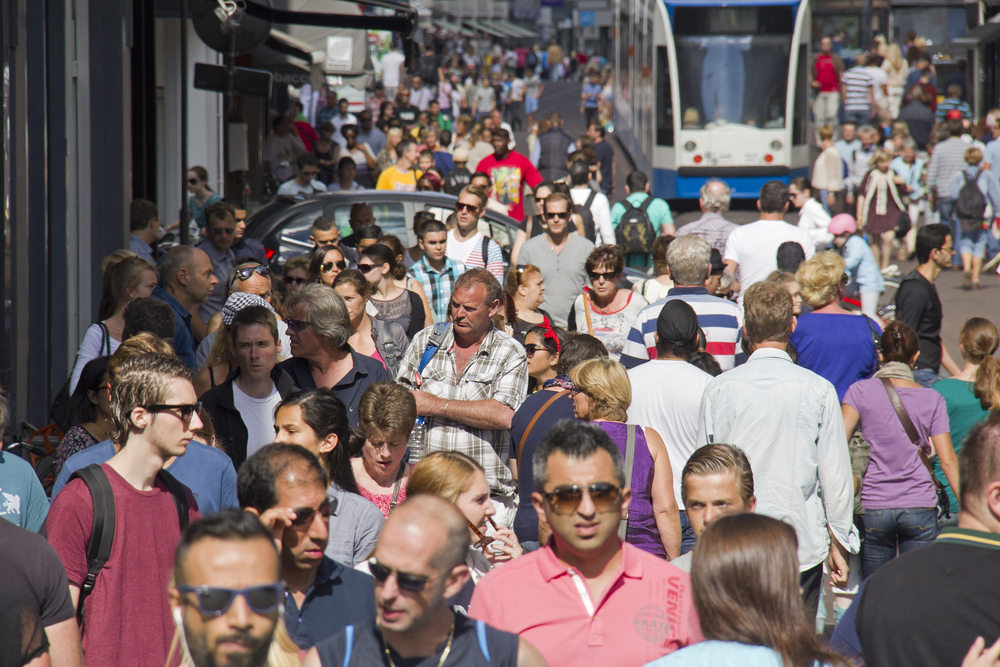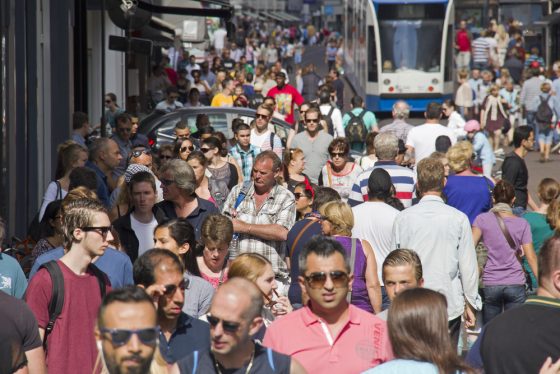Discrimination is more of an issue for second generation immigrants


Around half of the children of immigrants in the Netherlands say the Netherlands is not a welcoming country for people with different backgrounds and many of them experience discrimination directly, according to new research by the government’s SCP socio-economic think-tank.
They are also more likely to mistrust government and to feel excluded from society, the preliminary results of the survey show.
The SCP looked at the experiences of seven population groups – traditional immigrants from Turkey, Moroco, Suriname and the Caribbean – as well as people from Somalia, Iran and Poland.
Although the children of immigrants are better educated and have better job prospects, they are more likely than their parents to feel excluded and discriminated against, the survey found. This, the SCP said, highlights the integration paradox: individuals who are most ‘rooted’ experience discrimination most.
As well has having more exposure to discrimination through work, for example, the second generation is ‘more aware of political and social discussion about integration, migration, racism and Islam,’ the SCP said.
Read a summary of the report in English
All this feeds pessimism about the possibilities and opportunities open to individuals with a minority background, the SCP said. ‘This can be an incentive for them to pro-
test and speak out against exclusion, as has happened in recent years in the Zwarte Piet discussion and Black Lives Matter protests, for example.’
Politicians
People with Surinamese and Caribbean roots are most likely to feel discriminated and less represented by politicians. People from Iran and Somalia, who came to the Netherlands as refugees, are less likely to feel excluded but the second generation is more likely to feel apprehensive about the future. Polish immigrants also experience high levels of discrimination, the SCP said.
Survey after survey shows racism does exist in the Netherlands
The report also showed that over seven in 10 of the native Dutch are positive about the increase in cultural diversity in the Netherlands, although other research has shown they are concerned about the impact on jobs and housing.
Nevertheless, the SCP said, the research makes it clear that ensuring people feel included should be an important task of national policy, alongside the classic focus on integration and improving immigrants’ socio-economic position.
Research has show consistently that people in the Netherlands are more likely to face discrimination in finding work and a place to live.
Thank you for donating to DutchNews.nl.
We could not provide the Dutch News service, and keep it free of charge, without the generous support of our readers. Your donations allow us to report on issues you tell us matter, and provide you with a summary of the most important Dutch news each day.
Make a donation